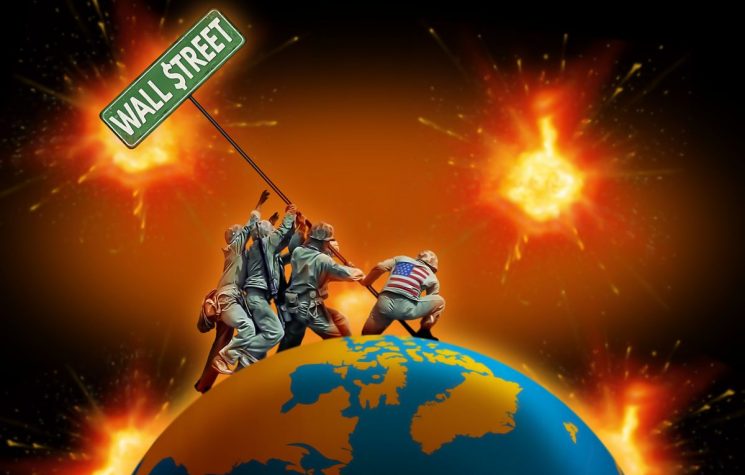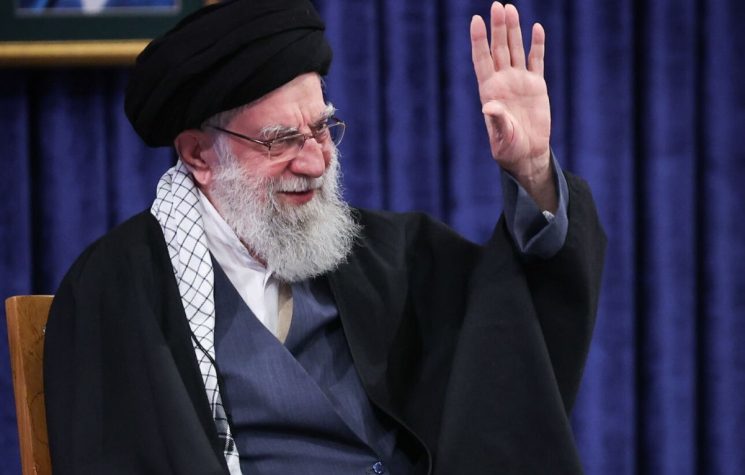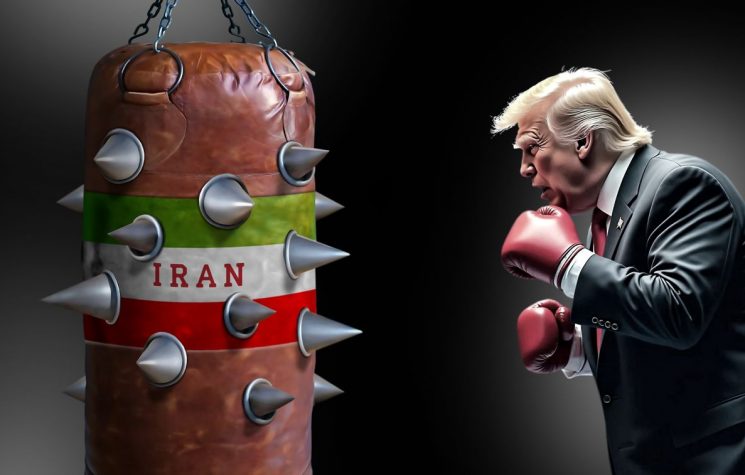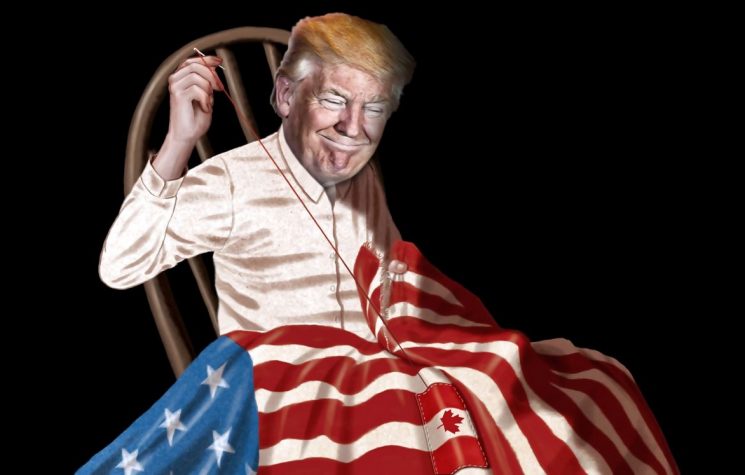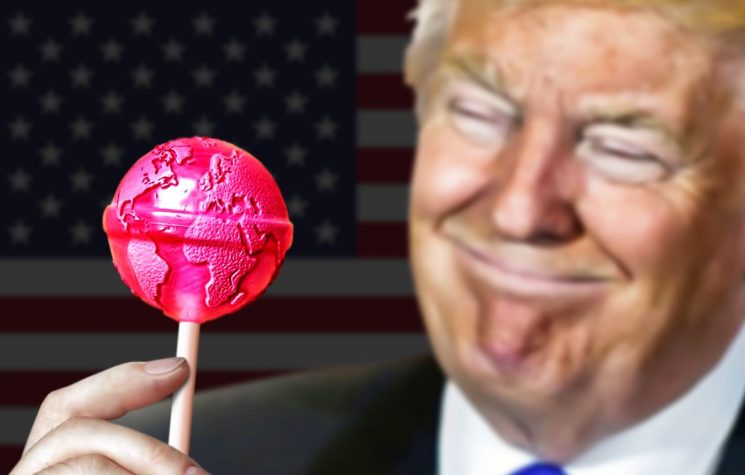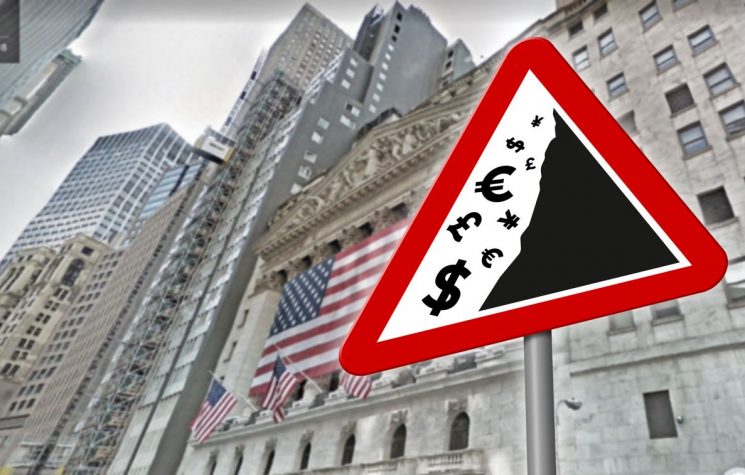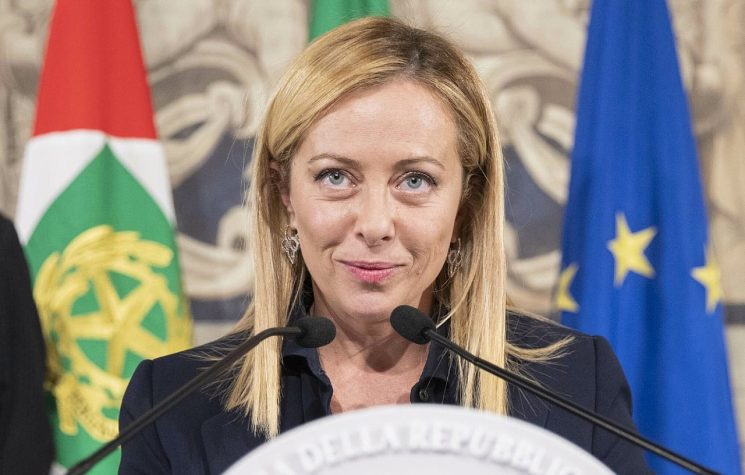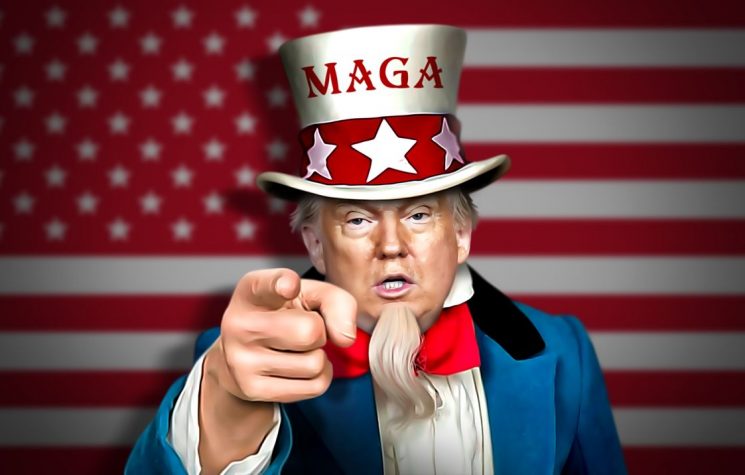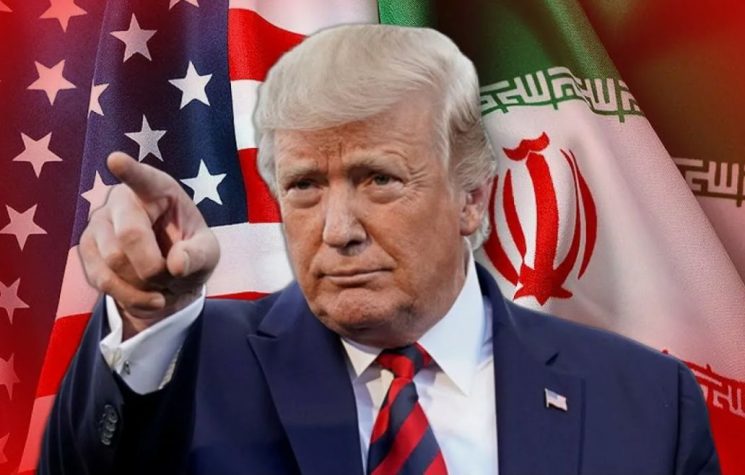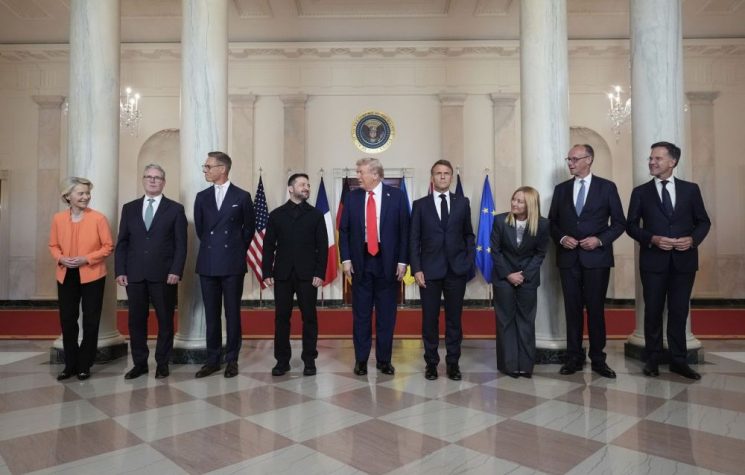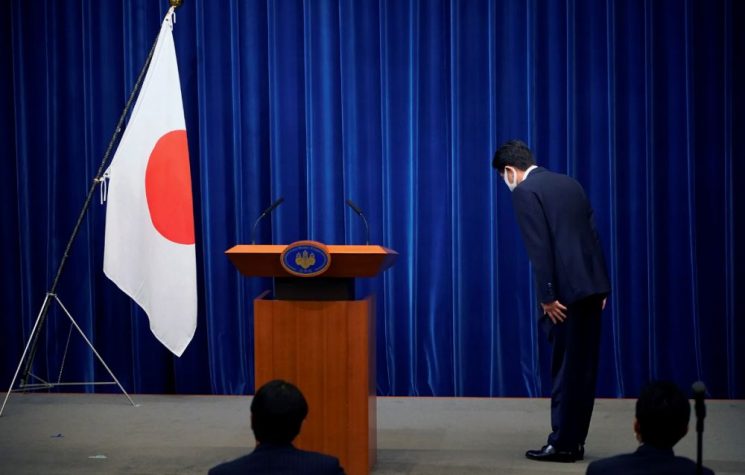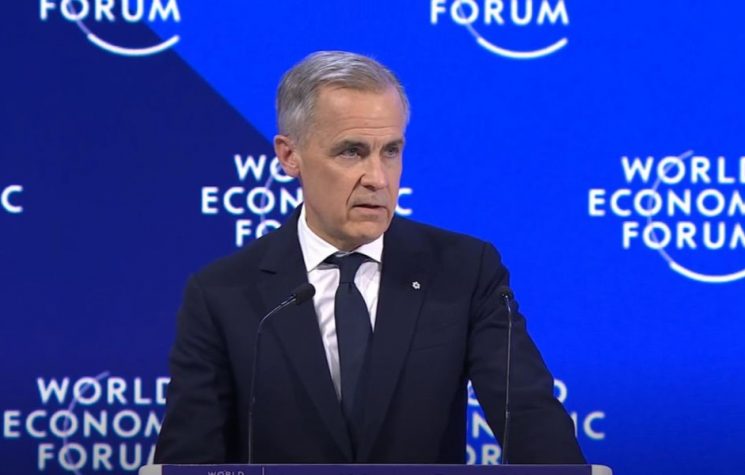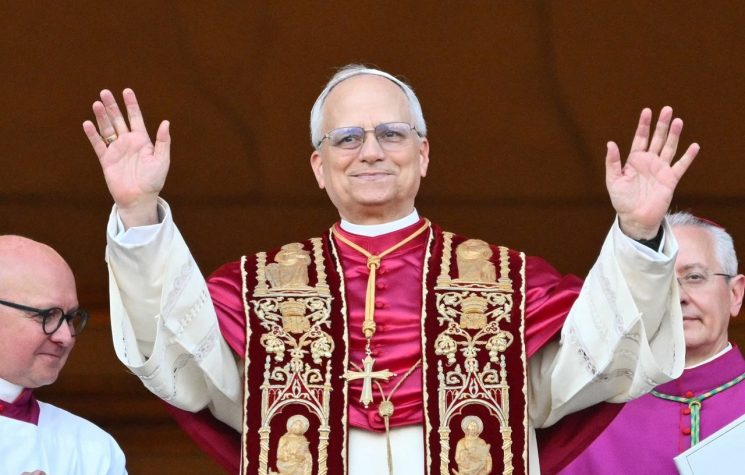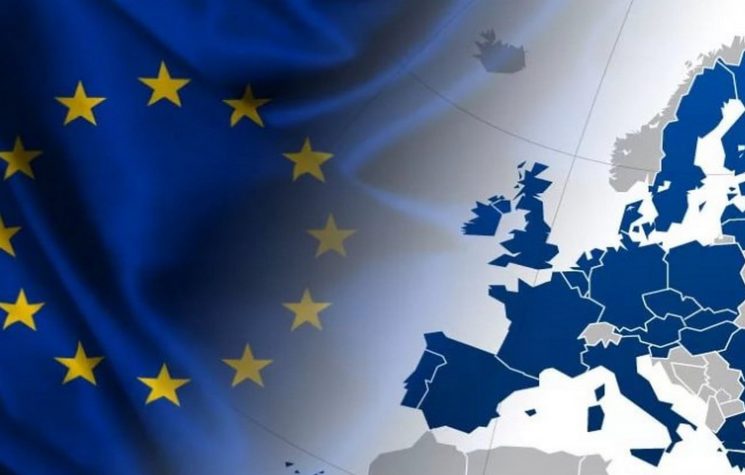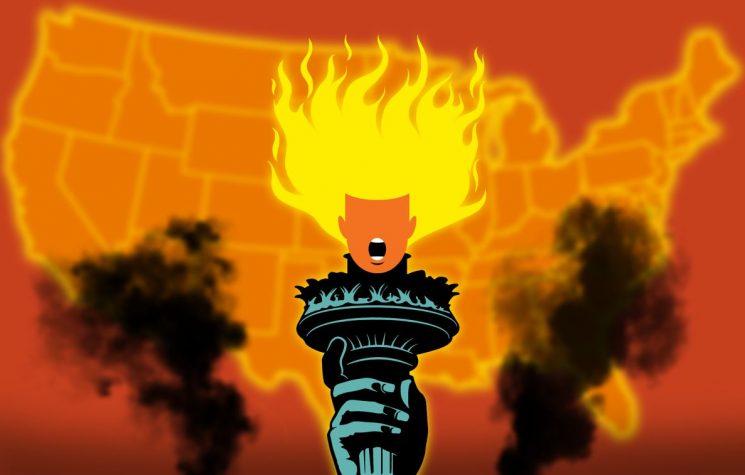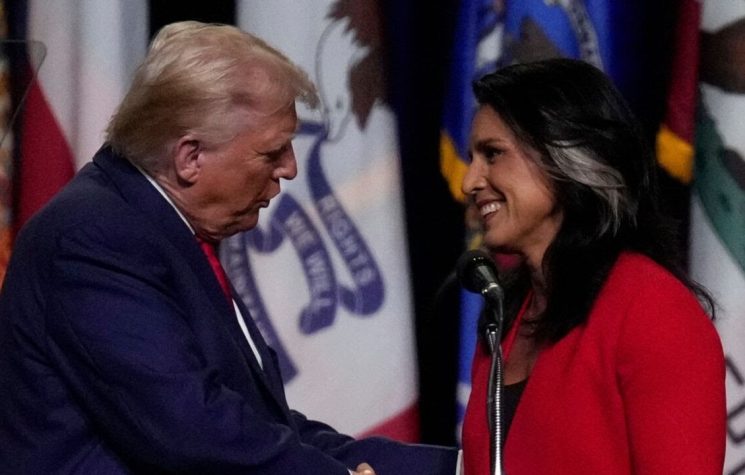Election over, government team composed, pleasantries held around the world. Now it’s time to do the math, because a lot can happen in the world between now and the presidential swearing-in in January.
Contact us: info@strategic-culture.su
Trump or Harris, to American finance not much changes
Larry Fink. One name, one guarantee. The billionaire CEO of BlackRock, the world’s largest asset manager, was already clear in October at a conference hosted by the Securities Industry and Financial Markets Association: “I’m tired of hearing that this is the biggest election of your lifetime. The reality is that over time it doesn’t matter.” Because the important fact is that both Dems and Reps have ongoing investments with the financial giant, as Fink explained, “we work with both administrations and we’re having conversations with both candidates.”
BlackRock has, therefore, a revolving door with the U.S. government. Veterans of the asset manager held senior positions in Treasury in the Joe Biden administration. A BlackRock executive was also a key economic adviser to Kamala Harris. Trump’s Treasury, on the other hand, was run by former Goldman Sachs IT director Steven Mnuchin, who made his fortune as a hedge fund manager and ended up with political offices.
The challenge of the 2024 U.S. election was a race to see who could get the most support from Wall Street.
Trump is very sympathetic to international finance: as president he significantly reduced taxes on the wealthy, leading billionaires to pay less than the working class. In 2018, the 400 richest U.S. households paid an average effective tax rate of 23 percent, lower than the average 24.2 percent paid by the bottom 50 percent of households. Calculations in hand, the richest 5 percent of Americans would see a tax cut of at least 1.2 percent, while the bottom 95 percent of people will have to pay more, including a 4.8 percent tax increase for the poorest 20 percent of the country. One of the main funders of Trump’s presidential campaigns, in 2024 and 2020, is the billionaire CEO of Blackstone, Stephen Schwarzman (coincidentally Zionist), considered Wall Street’s largest political donor, who in 2022 was proclaimed the highest paid CEO in the U.S. financial services industry. Consistent with turbo-capitalist logic, Blackstone, which owns the largest number of rental housing units in the U.S., has been evicting tenants en masse, contributing to the homelessness crisis, which grew by 12 percent in 2023.
Although BlackRock and Blackstone are two different companies, they have common histories, and BlackRock owns 6.56 percent of Blackstone, making it the second largest shareholder. Case in point? Blackstone’s largest shareholder is Vanguard, which holds a 9.05 percent stake. The fourth largest shareholder is State Street, which holds 4.12 percent.
BlackRock, Vanguard and State Street are known as the “big three” U.S. index fund managers. In a 2017 paper, it was noted that the Big Three are the largest shareholders of 438 companies in the S&P 500, an index composed of the 500 largest companies listed on U.S. stock exchanges. These 438 companies made up 88 percent of the total number of companies in the S&P 500 and accounted for 82 percent of the index’s market capitalization at the time.
Oligarchy is the factual political form of the United States of America.
Let’s come to the just concluded elections: they were the second most expensive in American history, after the 2020 election. It may be a coincidence, but in the last 20 years, the most Wall Street-funded candidates are the ones who won the House and Senate elections. No correlation?
Trump is a good investment
Wall Street seems eager to capitalize on Donald Trump’s victory: the Big Three – BlackRock, Vanguard, and State Street – are undeterred by the possibility of his victory and remain optimistic after the election, predicting market growth, a surge in tech and cryptocurrencies, and a stronger dollar under Trump.
The blond wisp of a man who will return to Washington is in perfect agreement with BlackRock about cryptocurrencies, so much so that he has promised to make America the crypto capital of the world and has suggested that people invest in Bitcoin as a safe haven asset.
Last January 11, BlackRock launched its iShares Bitcoin ETF (IBIT), whose fund quickly became the largest in the world. This year the firm has made headlines for its aggressive asset accumulation in cryptocurrencies. It may be a coincidence, but immediately after Trump’s victory the crypto market soared, with a new all-time high in the value of Bitcoin.
Let’s pay attention to what BlackRock said as soon as Trump was elected: “A Trump victory opens the door to tax cuts, deregulation and tougher trade policies. Control of the House is critical. The high budget deficit is one of the factors that we believe will drive up inflation and long-term Treasury yields.”
Keep in mind that control of the House-where there is still no absolute majority of Reps over Dems-would give the Trump administration broader powers to implement its fiscal, energy, trade and regulatory agenda. S&P 500 futures jumped more than 2 percent to a record high as the U.S. dollar rose and U.S. bond yields rose.
“On trade, Trump has proposed a wide range of tariffs, including 60 percent on China and universal tariffs of 10-20 percent,” BlackRock’s statement continued. “Trump’s victory will likely result in some deregulation, including reduced banking regulations, although big tech may remain a bipartisan antitrust target. Under Trump, Republicans are aiming to increase energy production, although U.S. oil and gas production has already reached historic highs and increased production will take time. Reducing parts of the Inflation Reduction Act, such as credits for electric vehicles, is on the agenda, but complete repeal seems unlikely, in our view. We expect Trump to pursue permit reform to expand energy infrastructure.”
Put another way: we are ready to invest, capitalize, get even richer. The political question is relative. With Trump’s victory, once again the hegemon of capital is preparing to speculate and profit at the expense of the masses. Business is business.










